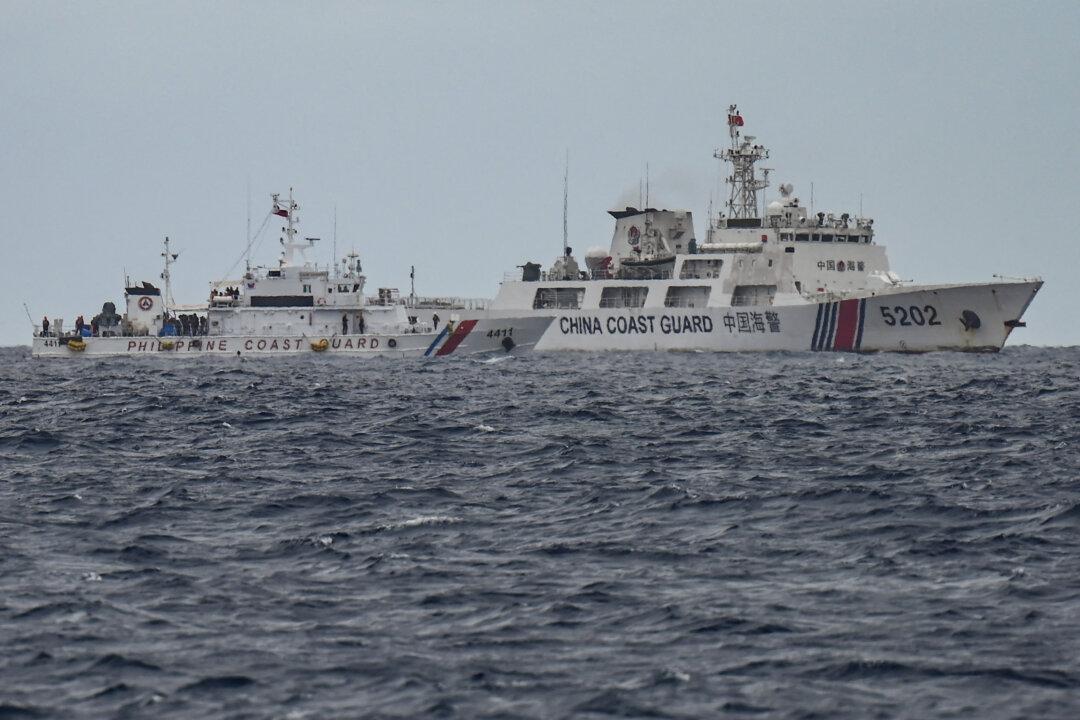Commander of the U.S. Indo-Pacific Command Samuel Paparo told reporters on the sidelines of a military forum in Manila on Aug. 27 that a U.S. escort of Philippine vessels during a future resupply mission in the South China Sea was a “reasonable option.”
The remarks come the day after Philippine Coast Guard spokesperson Jay Tarriela said the Chinese Communist Party (CCP) used 40 vessels to illegally block a critical humanitarian resupply mission of the BRP Teresa Magbanua patrol vessel in the Escoda Shoal on Monday.





